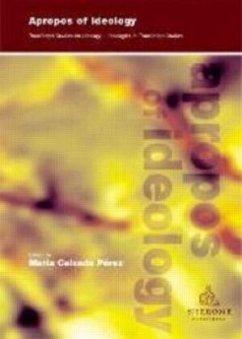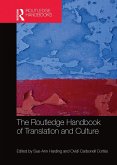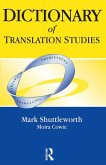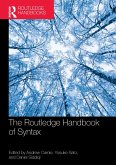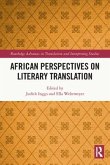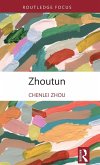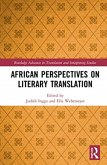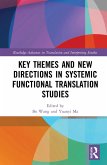Today's worldwide ideological tensions have captured the interest of such varied disciplines as political science, anthropology, sociology, cultural studies and linguistics. There are two primary reasons why translation studies cannot ignore the ideological debate. Historically, translation has always been a site for ideological clashes. In addition, globalization is now setting off translational mechanisms even within monolingual artifacts, and this calls for the expertise of translation scholars.
Apropos of Ideology aims to contribute to the broader discussion of ideology by providing a forum for debating ideological issues in translation as well as by bringing together, within the pages of a single volume, different types of translation research, informed by very different research ideologies. Adopting a wide definition of ideology as a set of ideas, beliefs and codes of behaviour that "govern a community by virtue of being regarded as the norm", a number of translation scholars look into ideological phenomena as they impinge on the process of translation. They consider questions of politics, but also reflect upon gender, sexuality, religion, secularity, technology and even the very discipline of translation studies. At the same time, the volume displays the kaleidoscopic complexity of the discipline while providing a strong argument that such diversity of perspectives is highly desirable.
Contributors include Maria Tymoczko, Rosemary Arrojo, Christiane Nord, Keith Harvey, Peter Fawcett, Ma Carmen Africa Vidal, Christina Schäffner, David Katan, Francesco Straniero-Sergio, and Sehnaz Tahir.
Apropos of Ideology aims to contribute to the broader discussion of ideology by providing a forum for debating ideological issues in translation as well as by bringing together, within the pages of a single volume, different types of translation research, informed by very different research ideologies. Adopting a wide definition of ideology as a set of ideas, beliefs and codes of behaviour that "govern a community by virtue of being regarded as the norm", a number of translation scholars look into ideological phenomena as they impinge on the process of translation. They consider questions of politics, but also reflect upon gender, sexuality, religion, secularity, technology and even the very discipline of translation studies. At the same time, the volume displays the kaleidoscopic complexity of the discipline while providing a strong argument that such diversity of perspectives is highly desirable.
Contributors include Maria Tymoczko, Rosemary Arrojo, Christiane Nord, Keith Harvey, Peter Fawcett, Ma Carmen Africa Vidal, Christina Schäffner, David Katan, Francesco Straniero-Sergio, and Sehnaz Tahir.

